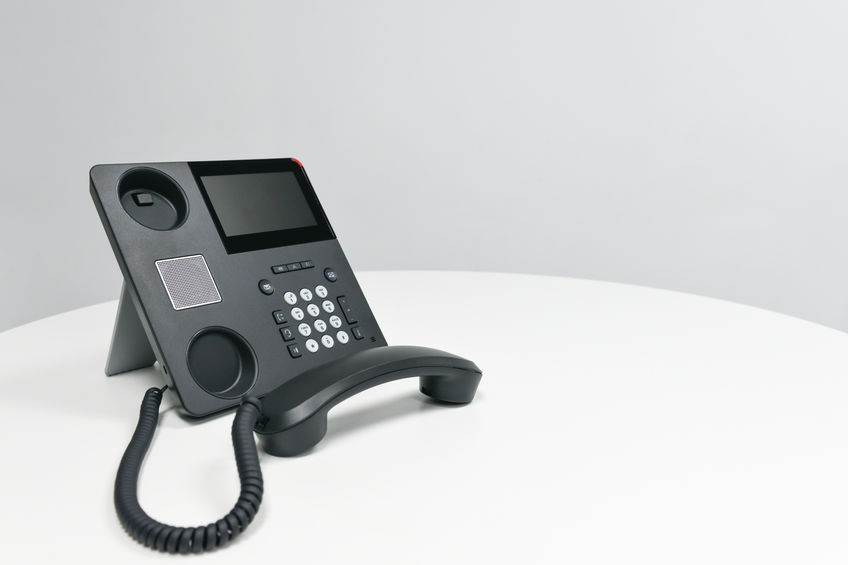While the terms SIP and VoIP are frequently used interchangeably, they aren’t the exact same thing. They are related, however. Put simply, SIP is a prevalent way of delivering VoIP service to customers and businesses. In other words, VoIP is a broad term that shouldn’t be interchanged for SIP.
SIP Defined
SIP stands for Session Initiation Protocol. It is a type of protocol in which you can set up, signal, and control multimedia sessions. Examples of such sessions are audio, video, instant messages, etc.
The relationship between SIP and VoIP
As mentioned earlier, SIP is one of the more popular methods of delivering VoIP. It is used in VoIP often through PBX systems. One of the reasons it is so popular is because it can handle many different types of sessions. Specifically, it can perform such functions as:
- User availability – SIP can determine if different parties are available to take calls. This means that you can set up rules stating when you want to take calls.
- User capabilities – You can determine what type of audio and multimedia you want to use during a call.
- Session Set Up – SIP instructs the phone that is being called to start ringing and handles initial contact.
- Session Management – With SIP you can also perform various management tasks. Examples include adding more callers or switching to video conferencing.
Why is SIP so Popular?
SIP has become one of the most common ways of delivering VoIP. There are several reasons businesses have switched to SIP. For one, it is a convenient way to gradually switch to next generation technology. This is because you have the ability to initially expand to hybrid or hosted PBX services. Additionally, you can also get more features from your Business Phone System while paying less on your monthly bill.
If you have any questions regarding SIP Trunking, please contact Intuity today at (800) 811-1086. Please feel free to also follow us on Twitter.
